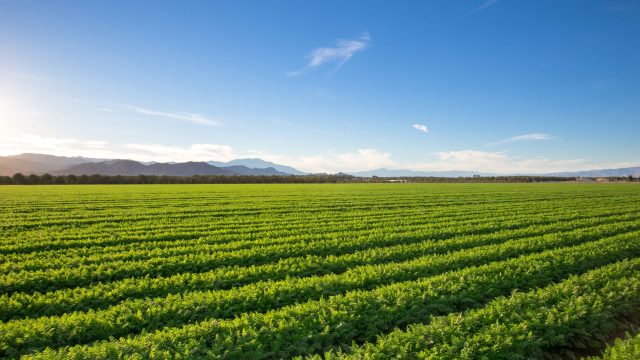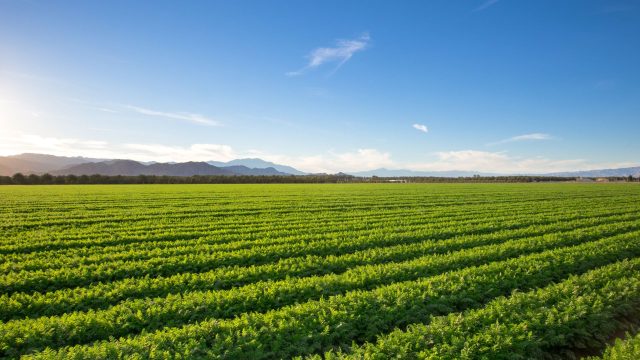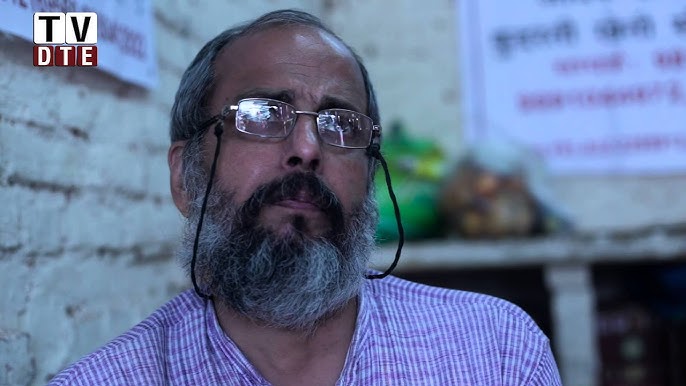
Organic Certification Crisis: Can Small Farms Survive Rising Costs?
For generations, the promise of organic farming has been rooted in a commitment to healthy ecosystems, thriving communities, and nourishing food. But a growing economic storm is threatening the very foundation of this promise, particularly for small-scale farms. The rising costs and increasingly complex regulations associated with organic certification are creating an "Organic Certification Cost Crisis," pushing many family farms to the brink. Can they weather this storm, or are we on the verge of losing a vital part of our food system?

Harmony Hills Farm: A Story of Struggle
Nestled in the Green Mountains of Vermont lies Harmony Hills Farm, a picturesque 40-acre testament to sustainable agriculture. For three generations, the family behind Harmony Hills has poured their heart and soul into cultivating vibrant fields of heirloom tomatoes, tending to rows of bustling bee hives, and raising free-range chickens that peck happily beneath apple trees laden with fruit. Their commitment to organic practices is unwavering, a deeply ingrained value passed down through the years.
But even with their unwavering dedication, Harmony Hills Farm is facing an uncertain future. The rising costs of maintaining their organic certification have skyrocketed, increasing by a staggering 40% in the last two years alone. New soil testing requirements and stricter documentation standards have added layers of complexity and expense. This "Organic Certification Financial Burden" has pushed the family to the edge, forcing them to confront the very real possibility of closure.
"We've always believed in doing things the right way, for the land and for our community," says Sarah, the current owner and granddaughter of the farm's founder. "But these certification costs…it's like they're designed to put small farms out of business. It's heartbreaking to think we might have to give up everything we've worked so hard to build." The emotional toll is palpable, the weight of uncertainty etched on their faces as they navigate this "Small Farm Sustainability Crisis".
Participatory Guarantee Systems (PGS): A Viable Alternative?
As the conventional organic certification process becomes increasingly burdensome, many small farms are turning to alternative approaches. One promising solution is Participatory Guarantee Systems (PGS). But what exactly is PGS, and how can it help small farms survive?
PGS are locally focused quality assurance systems that are built on trust, participation, and transparency. Unlike traditional third-party certification, PGS involves direct participation from farmers, consumers, and other stakeholders in the verification process. This system promotes a more collaborative and community-driven approach to ensuring organic integrity.
How PGS Works:
- Shared Standards: Farmers and community members collectively define the standards for organic production, tailoring them to the specific needs and context of their region.
- Peer Review: Farmers visit each other's farms to assess practices and compliance with the agreed-upon standards. This peer-to-peer evaluation fosters a culture of learning and continuous improvement.
- Consumer Involvement: Consumers play an active role in the PGS process, visiting farms, participating in inspections, and providing feedback. This direct connection builds trust and strengthens the relationship between farmers and consumers.
- Transparency and Accountability: PGS systems emphasize transparency, with information about participating farms and their practices readily available to the public. This accountability ensures that farmers are adhering to the agreed-upon standards.
Benefits of PGS:
- Reduced Costs: PGS significantly reduces the financial burden on farmers by eliminating the need for expensive third-party inspections and certification fees.
- Increased Accessibility: PGS makes organic certification more accessible to small-scale farmers who may not have the resources to meet the requirements of conventional certification.
- Strengthened Community: PGS fosters a strong sense of community among farmers, consumers, and other stakeholders, creating a more resilient and equitable food system.
- Enhanced Transparency: PGS promotes transparency and accountability, building trust between farmers and consumers.
To learn more about Participatory Guarantee Systems, visit the IFOAM (International Federation of Organic Agriculture Movements) website: https://www.ifoam.bio/
How You Can Support Small Organic Farms
The future of small organic farms like Harmony Hills depends on our collective action. Here are concrete steps you can take to make a difference:
Seek out and support farms using PGS: Look for farms in your area that utilize PGS.
- Local Farmers' Market Websites: Many farmers' market websites list certified organic and PGS-certified vendors.
- Community Supported Agriculture (CSA) Directories: Websites like Local Harvest often have directories of CSAs, indicating which farms use PGS or other alternative certification methods.
- Regional Organic Farming Associations: Search for organic farming associations in your region; they often maintain lists of farms committed to sustainable practices, including those using PGS.
Advocate for policy changes: Contact your local representatives to advocate for policies that support small-scale, sustainable agriculture and provide financial assistance for organic certification.
Here’s a sample letter you can adapt:
[Start Sample Letter]
Dear [Representative's Name],
I am writing to express my concern about the rising costs of organic certification and the impact this has on small organic farms in our community. These farms are vital to our local economy and provide us with healthy, sustainably grown food.
The increasing complexity and expense of organic certification are creating a significant barrier for small farms, forcing some to consider abandoning organic practices or even closing down altogether. This would have devastating consequences for our food system and our community.
I urge you to support policies that:
- Provide financial assistance to small farms to help them cover the costs of organic certification.
- Promote alternative certification systems like Participatory Guarantee Systems (PGS) that are more accessible and affordable for small farms.
- Invest in research and education to support sustainable agriculture practices.
By supporting small organic farms, we can ensure a healthy and resilient food system for future generations. Thank you for your time and consideration.
Sincerely,
[Your Name]
[End Sample Letter]
- Directly support Harmony Hills Farm: Consider donating to help them cover their certification costs. You can contact the farm directly to inquire about purchasing their products or volunteering your time. Their website is [insert website if available, or provide contact information if available].

Building a Resilient Future
The "Impact of Organic Certification on Small Farms" is a critical issue that demands our attention. The challenges faced by Harmony Hills Farm and countless others highlight the urgent need for innovative solutions and collective action. By embracing PGS, advocating for policy changes, and directly supporting small organic farms, we can create a more resilient and equitable food system for future generations. Let's work together to ensure that these vital farms not only survive but thrive, nourishing our communities and stewarding our planet for years to come.